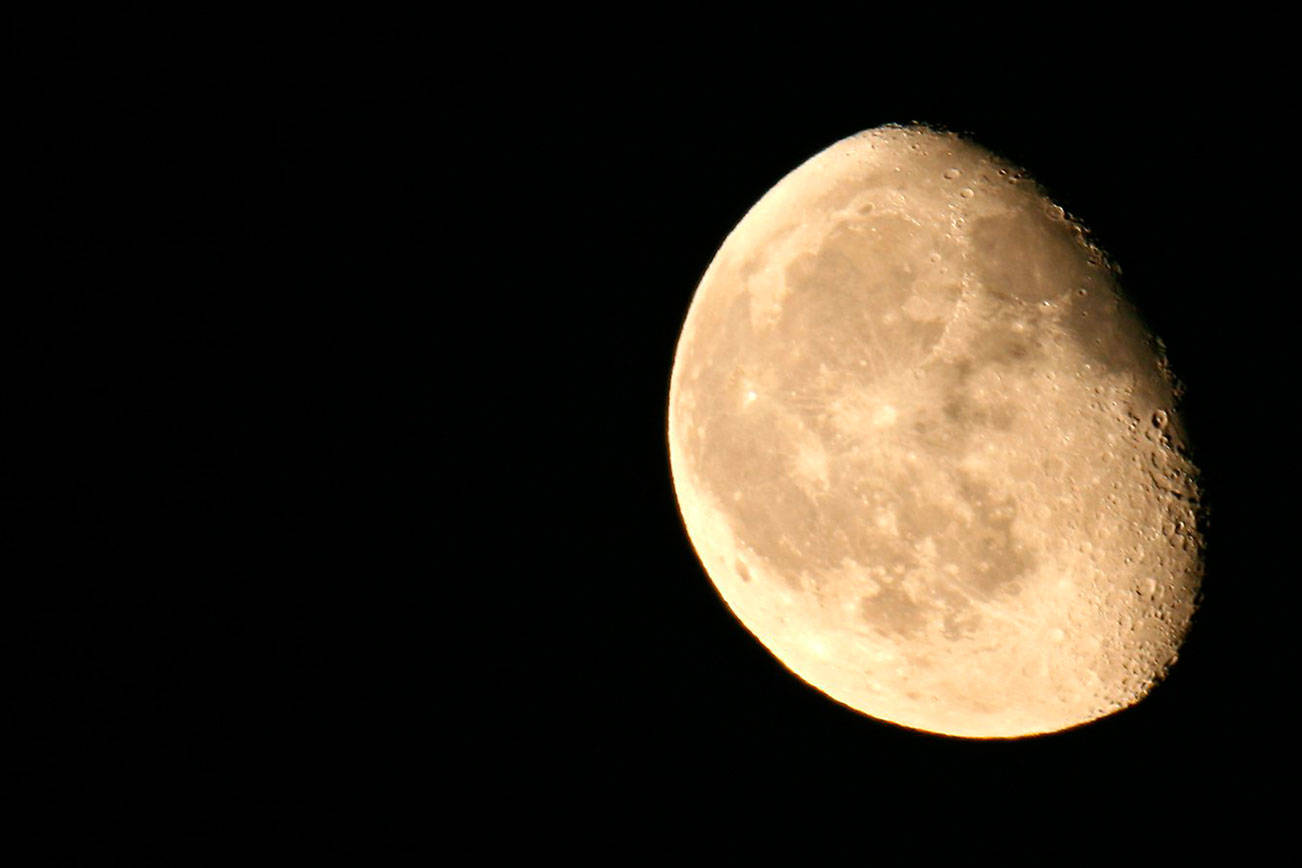Shortly, after Apollo 11 landed on the moon and astronaut Neil Armstrong took his famous first steps on the dusty lunar surface, some comedian in our Army unit at Fort Knox, Ky., posted a sign in our barracks: “Sorry, Drill Sgt., No Green Cheese!”
Our basic training drill instructor was already “highly agitated” because President Richard Nixon ordered a “training holiday” so we could watch live television coverage of landing.
On July 20, 1969, our unit was supposed to take what was called “military stakes.” That test would determine if we were qualified to graduate from basic training and move on more to our specialized schooling.
The sergeant ranted: “I don’t know why the Army in its infinite wisdom, gave you the day off? Those space guys are only going to find mice chasing green cheese around the moon. It’s a complete waste of my time and taxpayer money!”
It was at the height of the Vietnam War – a time of civil unrest and national division. America needed something to bring people together. Apollo 11 accomplished that.
Meanwhile, Army drill instructors were focused on training thousands of draftees and volunteers for deployment to Southeast Asia.
Our drill sergeant was among many others questioning the wisdom of spending $25 billion on the lunar program. However, in the 50 years since Apollo 11, many have changed their minds. “Those technology spinoffs have created trillion dollar industries and enough societal wealth finally to tackle poverty and other problems,” Wall Street Journal (WSJ) columnist Andy Kessler wrote.
One of the key technologies was the software. In essence, Apollo 11 became the first computerize spacecraft landing.
Apollo 11 was equipped with a computer guidance system and software developed by a MIT (Massachusetts Institute of Technology) team headed by Margaret Hamilton.
Fred Martin, who managed software development for NASA’s Apollo project, believes software saved the mission. “It is a victory for the machine, too, marking the most important 15 minutes in the history of computing,” he told WSJ.
Approximately, 30,000 feet above the moon’s surface, computers flashed what has become known as the “1202” error code. The saving grace was Hamilton’s team programed the computers to save the data and automatically reboot the system. The reboot took 10 seconds.
As the lunar module, Eagle, descended, the “1202” code came up again at altitude 2,000 feet, but the system came back as Armstrong and Buzz Aldrin passed the 800-foot mark and the Eagle landed safely.
“The Apollo guidance computer – the first digital general-purpose, multitasking, interactive portable computer – laid the foundation of much of the digital world we know today, from the fly-by-wire cockpits of commercial jetliners to the multitasking smart phones we carry in our pockets,” WSJ reporter Robert Lee Hotz wrote.
To get a perspective on how technology has advanced in 50 years, visit the Johnson Space Center in Houston. The Apollo control center is on the third floor of mission control. The first two stories house the computer systems for the missions to the moon.
Today, there is more computing power in our laptops, iPads and smartphones than contained in the whole Apollo system.
Landing astronauts on the moon and returning them safely to Earth was a tremendous source of pride and accomplishment. Americans worked together and weren’t afraid to take risks even though our country was deeply divided like it is today.
In subsequent lunar missions, astronauts returned with boxes of rocks and soil samples, but no green cheese. The 300,000-plus technicians working more than eight years in the Apollo program proved when people work for a common national purpose good things will happen again.
Don C. Brunell is a business analyst, writer and columnist. He recently retired as president of the Association of Washington Business, the state’s oldest and largest business organization, and now lives in Vancouver. He can be contacted at theBrunells@msn.com.
Talk to us
Please share your story tips by emailing editor@kentreporter.com.
To share your opinion for publication, submit a letter through our website https://www.kentreporter.com/submit-letter/. Include your name, address and daytime phone number. (We’ll only publish your name and hometown.) Please keep letters to 300 words or less.

